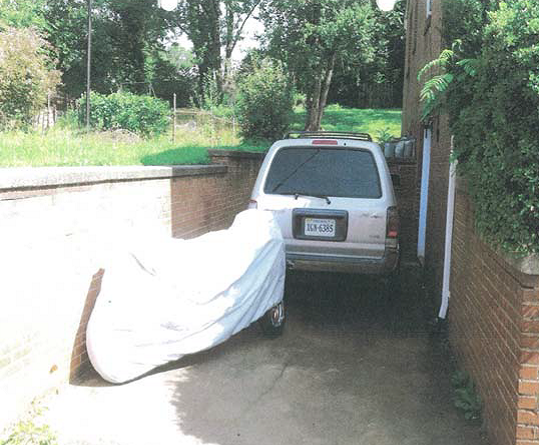US Supreme Court Touches on Social Media (Facebook) Discovery in Collins v. Virginia (2018)
- By : Cbh
- Category : 4th Amendment, Social Media

On May 29, 2018 the U.S. Supreme Court issued a case involving a Fourth Amendment search of a motorcycle parked on the curtilage of a home. In Collins v. Virginia (8-1), SCOTUS held that a motorcycle parked in an enclosed area of a driveway was within the curtilage of the home and therefore was protected by the Fourth Amendment. Likewise, the automobile exception did not apply under these circumstances.
Under the facts of the case, on two different occasions, police officers sought to catch a similar-looking orange-and-black motorcycle with an extended frame after its driver was observed breaking traffic laws. Each time, the driver got away. On grounds not explained in the opinion, the police learned that the motorcycle was stolen and likely in the defendant’s possession. Naturally, the police went on Facebook, found the defendant’s (unprotected) Facebook posts, and, lo and behold, they discovered that the defendant’s “Facebook profile… featured an orange and black motorcycle parked at the top of the driveway…”
I’ll leave the Fourth Amendment details to the Collins v. Virginia opinion, which you can read here.
If you want to read up on the underlying case, see this Richmond Times-Dispatch article.
What is the takeaway message, from a social media perspective?
It is evident that law enforcement relies heavily on social media. Would-be (or soon-to-be) defendants “give away” a lot of evidence by posting information on their public social media profile. Social media does not provide privacy rights nor Fourth Amendment protections. You are giving away information for the purpose of dissemination. If you do not understand how to set the appropriate privacy settings, find someone who can help you. If you have social media discovery issues, and do not know if you can delete information or have questions as to your rights in a potential criminal or civil case, consult a knowledgeable lawyer licensed in your jurisdiction. Before hiring a lawyer, ask them about their specific experience with social media discovery issues and whether they have handled significant cases involving such issues.
Image Credit: Richmond Times-Dispatch


